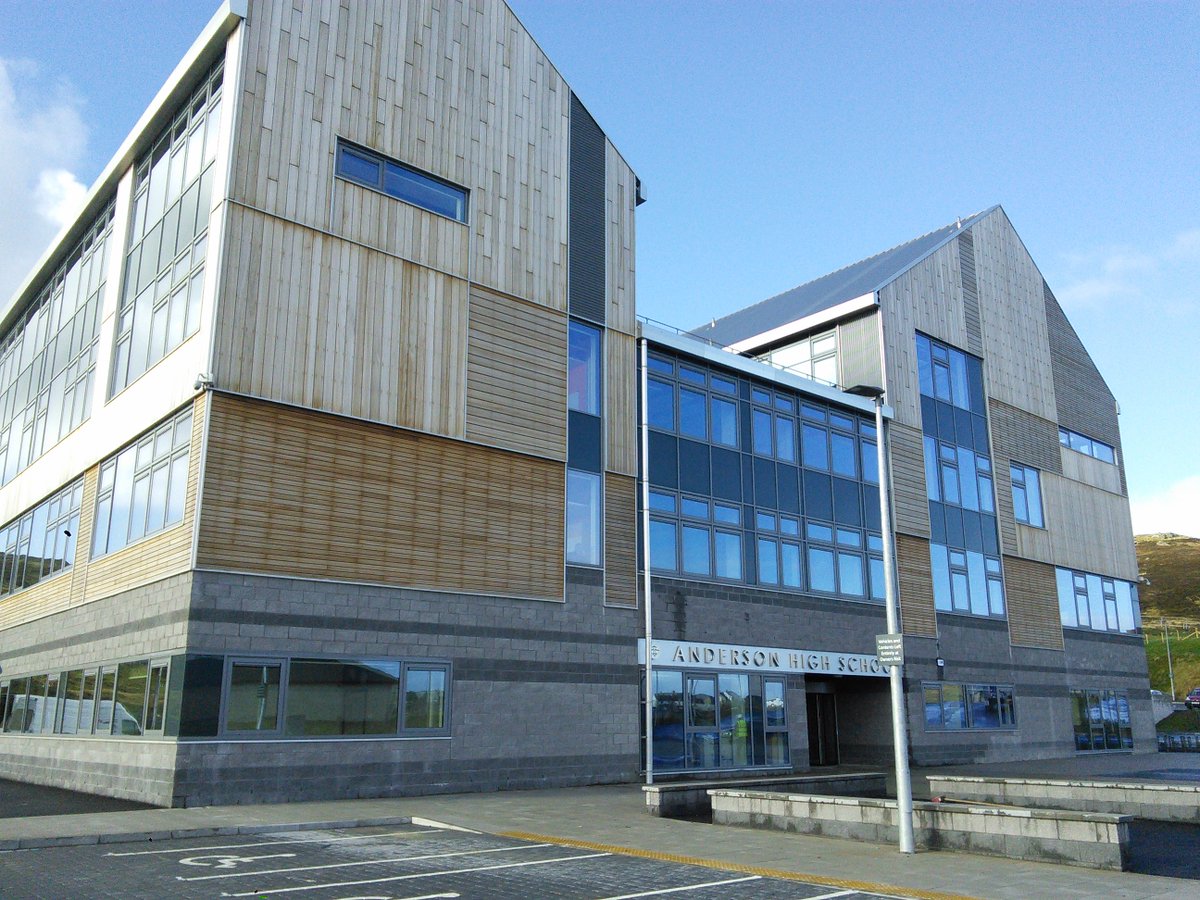Scotland ‘in urgent need’ of 453 new secondary school classrooms by 2020/21
Scotland will need to build 13 new secondary schools or 453 additional secondary school classrooms to meet a growing demand for higher education spaces across the country, according to a new report.
The latest research by public sector procurement specialist Scape Group has found that Scotland’s school-aged population is set to increase by 4.8% over the next two years with an additional 13,600 pupils set to join the secondary school system by 2020/2021.

Using Department of Education and devolved authority data, The School Places Challenge 2019 examines the challenge facing the UK’s school system.
Of all the Scottish local authorities, the study found that Aberdeen City Council will experience the biggest increase in secondary school pupils in the next two years – with an additional 1,400 pupils (a 17.5% increase), equating to the need for an additional 47 classrooms.
The City of Edinburgh Council will need an additional 47 secondary school classrooms as pupil numbers will climb by 7.5% by 2020/21.
The council has agreed a £1 billion package of spending as part of a four-year Change Strategy. This includes a £66.7m investment in new and refurbished primary or secondary schools to help meet current need.
However, with 19,700 fewer primary school pupils in Scotland by 2020/21, there is no requirement for new primary schools.
Education and training in Scotland are devolved to Scottish Parliament, with Holyrood providing funding to local authorities across the country. The Scottish Government’s Schools for Future Programme, which began in 2009, is investing more than £1bn into the delivery of 117 new schools to help meet the growing demand for secondary school places in Scotland.
Scape Group’s recommendations on how to tackle the ‘School Places Challenge’ include an adoption of offsite construction as the main method of building for all new schools and extensions to ensure that they are built faster than traditional methods. If modular can grow in scale, building schools will become more efficient and cost-effective, it argued.
Scape has also called for a fairer education funding model for local authorities, which ensures that they can work with central government to set budgets that reflect local need. In particular, Scape said local authorities should play a part in judging and approving free school proposals to make sure that new schools are established where they are most needed.
Greater collaboration between councils and developers is also required to ensure that secondary schools are built in major urban extensions and developments first, through agreements between developers seeking planning permission and the local planning authority (Section 106 agreements).
Mark Robinson, Scape Group chief executive, said: “Scotland needs to build hundreds of school classrooms in a short timeframe, and local authorities across the country continue to feel the strain. We must collectively focus on delivering a strategy and solutions which not only provide high-quality, modern spaces for teaching and learning, but also offer our colleagues in local authorities cost certainty, value for money and timely delivery.
“The issue of school places delivery is likely to be exacerbated in the coming years if we do not think and act more creatively now. Good schools are the bedrock of our society, and there can be no room for error.
“With demand continuing to grow, it is vital that we focus on solutions that will allow us to create additional school places quickly and resourcefully, without compromising on quality. Offsite technology is one answer. Modern Methods of Construction (MMC) not only enable quick construction, but can also cost local authorities significantly less. Until the government takes more pragmatic action, they cannot claim to be safeguarding the futures of young people.”



















